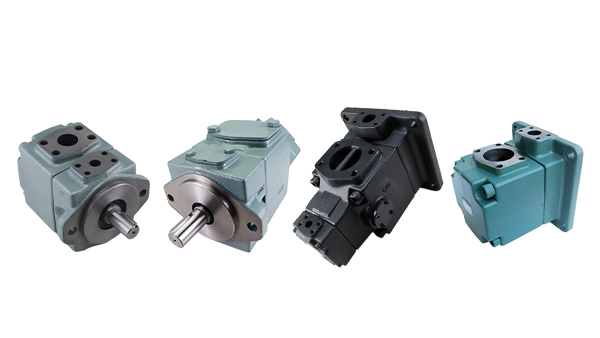Basic factors for choosing a hydraulic pump
The hydraulic pump is the power component of the hydraulic system to provide a certain flow and pressure. It is an indispensable core component of every hydraulic system. Reasonable selection of hydraulic pumps can reduce the energy consumption of the hydraulic system, improve the efficiency of the system, reduce noise, improve work performance and It is very important to ensure the reliable operation of the system.
The basic factors to consider when choosing a hydraulic pump include:
(1) Safety pressure and maximum working pressure of the system.
(2) The allowable speed of the hydraulic pump.
(3) Characteristics of hydraulic pump calibration.
(4) The required flow rate of the hydraulic system.
(5) The relationship between pressure, speed and flow.
(6) Adaptability of variable control.
(7) Tolerance of pressure shock.
(8) Leakage loss degree.
(9) Volumetric efficiency and total efficiency.
(10) Pollution tolerance.
(11) Operation reliability and durability.
(12) Expected life under various loads and speeds.
(13) The characteristics of the oil and its relationship to the wear rate of the hydraulic pump.
(14) Oil absorption conditions.
(15) Maintainability.
(16) Compatibility, cost and economic factors of the whole system.

The principle of selecting a hydraulic pump is: first determine the type of hydraulic pump, and then determine the pressure and flow required by the system according to the operating conditions of the main engine, power size and system requirements for work performance. Choosing a hydraulic pump should not only consider pressure, flow, volume, cost, but other aspects are also very important. For example, the compatibility of the system in which the hydraulic pump is installed, the reliability of the pump and its expected life, etc.
For low pressure, medium and high pressure applications, external gear pumps are cheaper than other pumps in terms of economy, but with the increase of pressure and the extension of service time, the noise value will increase sharply. For example, Vickers vane pumps have less pressure pulsation and noise, and are more suitable than external gear pumps in stationary medium pressure applications, and their overall efficiency is lower than that of Vickers piston pumps. Experience shows that the working pressure of the screw pump is very economical when the pressure is 2-3 MPa. This kind of pump is the quietest and has no pulsation. When the oil degree is appropriate, its reliability coefficient is very high. The radial variable piston pump has a longer expected life and can be used in high pressure applications. When the working pressure of the axial piston pump is 20-25 MPa, its expected life is 40000h, and when the working pressure is 30-35MPa, its life expectancy will be reduced to 15000h.
The above factors should be considered one by one when selecting a pump, so that it has corresponding adaptability, and the hydraulic pump can operate reliably in the system, otherwise various failures will occur.
